Meet David Platt
For David Platt, embracing change involves a healthy balance of learning to speak up and remembering when to listen.
A Baltimore native, David moved back to the area in 2017, having spent some time in a few other cities for work and graduate school. Today, he is the vice president of finance for Hungry Harvest, an organization that is committed to using business to help eliminate food waste and end hunger.
Recently, Hungry Harvest partnered with CHAI, an agency of The Associated, to provide food for community members who find themselves in food-scarce environments. In particular, during the pandemic, CHAI received Hungry Harvest produce at a reduced rate to include in their Mobile Food Pantry boxes which were delivered to older adults in Weinberg senior living facilities.
David is involved with The Associated through his time spent with the Young Leadership Council (YLC) and sits on the board at Pearlstone.
We sat down with David to discuss the partnership between Hungry Harvest and CHAI, his involvement in Jewish Baltimore and his advice to young professionals who struggle to have their voices heard.
Can You Tell Us About the Partnership Between Hungry Harvest and CHAI?
It actually originally began with an introduction to Jewish Community Services (JCS) through my work with the YLC group. I set up a follow-up conversation with JCS to discuss potential ways we could work together through job opportunities. While we were talking, I also explained that Hungry Harvest seeks out opportunities to help people and organizations in need of food. JCS immediately introduced me to CHAI to discuss how Hungry Harvest could help the Jewish community. While we started with a basic box of produce, we worked together to expand what was able to fit in the packaging to help the community more as the relationship grew. That’s been a really cool project, and I look forward to seeing it continue.
Are you involved with The Associated in other capacities?
I’m also on the board at Pearlstone and that’s really exciting for me. I originally started out as a member of the Finance Committee and then was recently offered the opportunity to be on the board. I think what Pearlstone is doing with regards to creating a unique space and model to teach people of all ages about many principles of Judaism is quite different than a traditional educational experience. With the diverse activity offerings, educational resources, lodging, professional kitchen, trails, farm, pavilions and multiple meeting spaces, it’s an ideal place for a retreat, school visit, camp and even a corporate outing. It’s a special place that has something for everyone, and it is why people visit from all over the country. Even with the pandemic causing many groups to cancel, I have high hopes for the future of this organization. In my early professional life, prior to moving away, I was also involved with IMPACT and served on the board of the Young Business Roundtable group.
What lessons have you learned that you think would be important for younger professionals?
One thing I’ve learned is that the young professionals need to be as involved as possible. There is constant discussion about attracting and cultivating young leadership. We, as the community of Baltimore, want to make sure that, when the time comes, the next generation is ready to lead this great and strong community. This is evident from all the resources being committed to developing leaders throughout the community in different formats. It is time that we, the young professional, put this training into practice. We, as young people, need to be present and vocal on community boards to learn about this community and be a part of the future. We have to make ourselves noticed if we want to move things beyond the status quo. Part of it is learning when and how to speak up, to raise your hand – the other part is learning when to listen.
Can you elaborate on when to speak up?
It is always going to depend on the situation, the setting or the people you are working with. The most important theme to remember is that not every situation is the same. As an example, if you are a member of an organization and someone says something that you think deep down doesn’t hold water, that something isn’t right, the first thing to do is ask a question. ‘Why do you think this is the best way?’ or ‘What processes took place to get to this decision?’ By asking questions, I am being vocal, showing respect and gathering more information all in one action. I’m not giving a suggestion and I’m not fighting, but I am being a part of the conversation. The biggest challenge, however, is to develop the confidence to raise your hand and ask that question in the first place.
By starting with questions and gathering information, you will be more informed when making suggestions or not making suggestions. Maybe you’ll learn that something is the status quo for a very good reason or maybe there is no good answer. Either way, by starting with questions, listening and learning, you come away with additional information and maybe even a new perspective. Once you learn the process, the facts and the opportunities that need attention, then at that point it’s just about having an honest dialogue with the other interested parties.
You also mentioned learning when to listen?
If I have a preconceived notion that is wrong, I want somebody to have the opportunity to correct it before I make a mistake. That means being able to listen to others. If there are multiple great ideas on the table to help advance an organization, instead of blindly following your proposed idea, it would be a great opportunity to listen to the rationale of the other ideas. At the end of that process, if multiple great ideas remain, sometimes the group should leave the decision up to a group vote. The important part of this process is after the vote occurs, all members of the board must move forward as a champion of the idea with the winning vote.
Even when I have an idea to present, I like to have that idea challenged by other members of the board prior to a vote. I like to ask, ‘There has to be something I am not be thinking about. Can we take 10 minutes and think about what are the known consequences and the unintended consequences for this decision?’ I have found that it can solidify opinions or it might reveal flaws that need to be corrected. Asking questions, listening and being an active participant helps ideas, projects and organizations move forward and grow.
It’s challenging to look into the future regarding the pandemic, but is there something you are looking forward to?
I am looking forward to getting back to the synagogue and other small gatherings like coffee chats. There’s something nice about hugs and handshakes, especially within the Jewish community – it’s so loving and caring.
What have you learned from this pandemic?
I think some good that has come out of this is that people have found alternative ways to connect. We have changed the way we look at the word connection. The tools have always been there, but people are actually using them, video chatting with old friends or connecting with neighbors. Whatever “post-pandemic” looks like, we may never return to what life was like prior. The exciting part about this pandemic is it is forcing us to take a second look at the status quo and challenging us to find different ways to make our lives better.
Subscribe to our newsletter
The Associated is a home for everyone in the Baltimore Jewish community. We offer several email lists to help people find a community, engage with their peers and support Jewish journeys around the world.
Join Our Mailing ListAdd Impact to Your Inbox
Sign up for our newsletter
Subscribe to our newsletter
The Associated is a home for everyone in the Baltimore Jewish community. We offer several email lists to help people find a community, engage with their peers and support Jewish journeys around the world.
Join Our Mailing List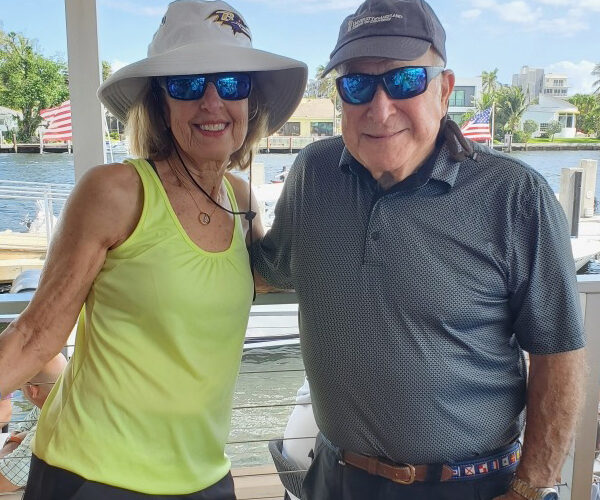
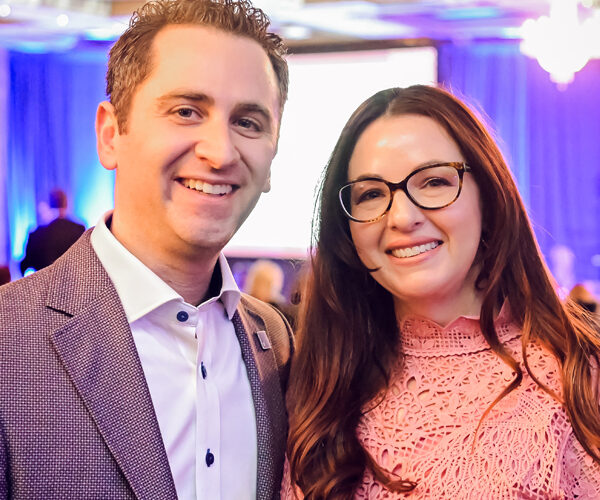
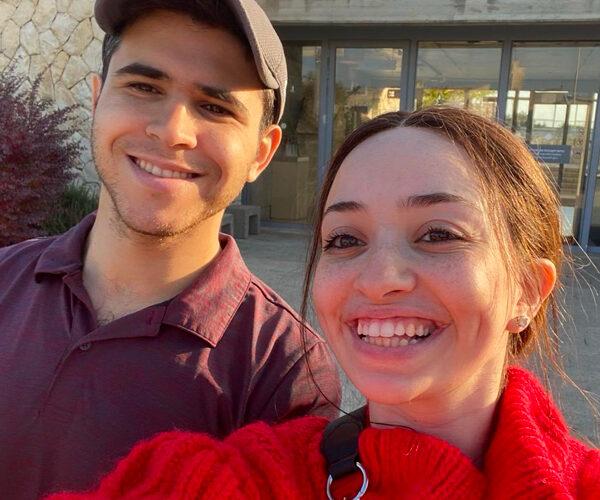
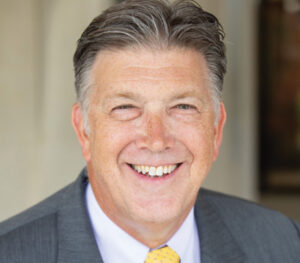

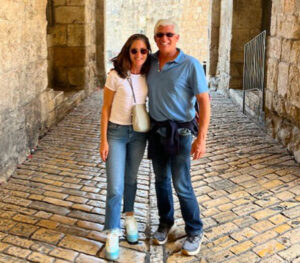
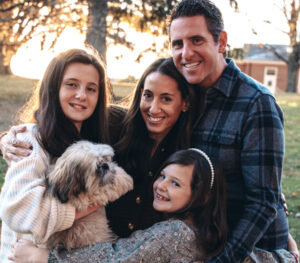
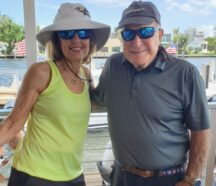
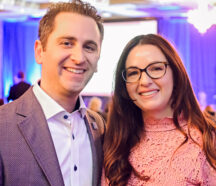
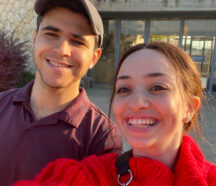
 Please Wait while we loading your video.
Please Wait while we loading your video.